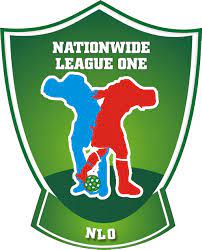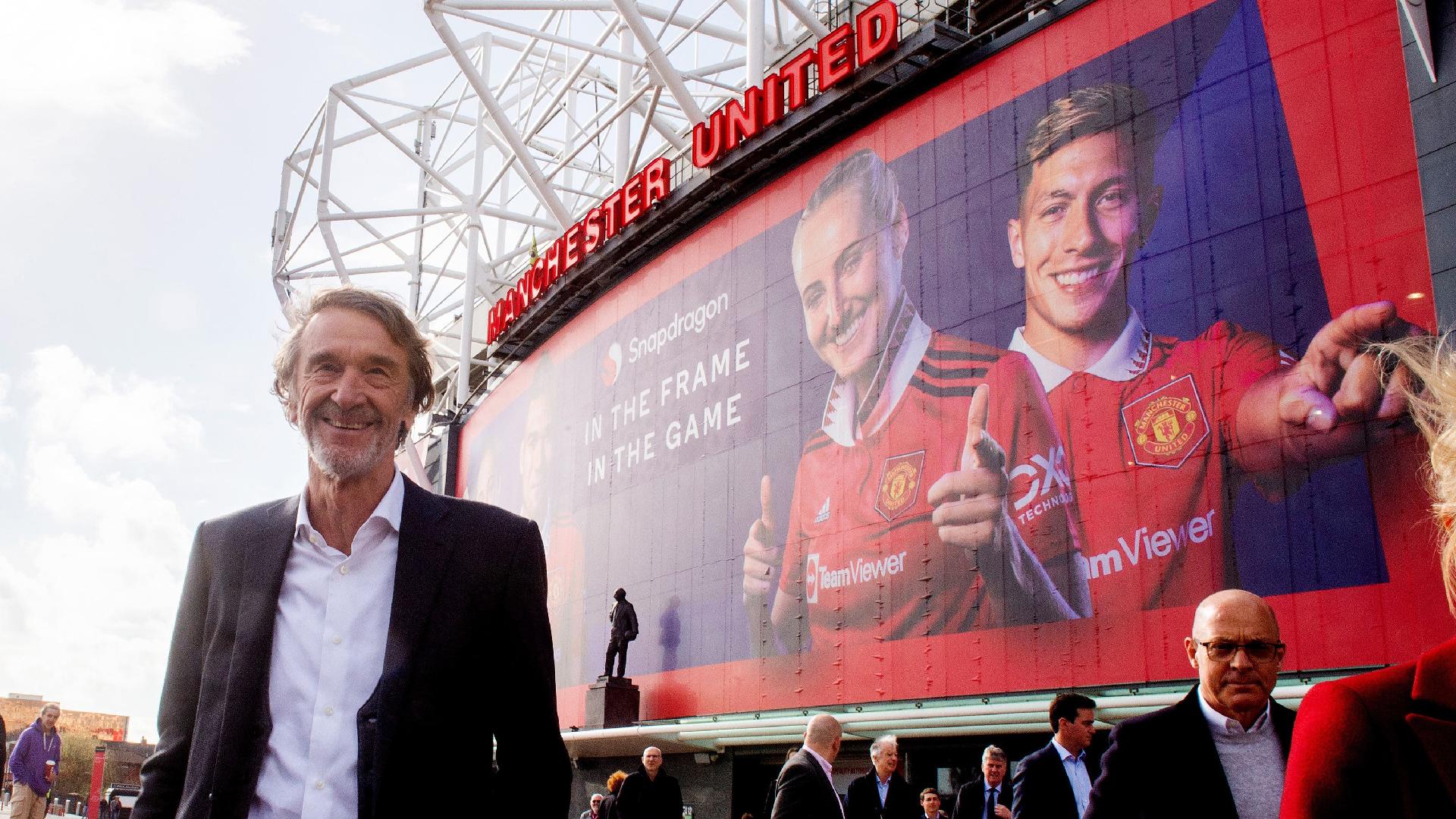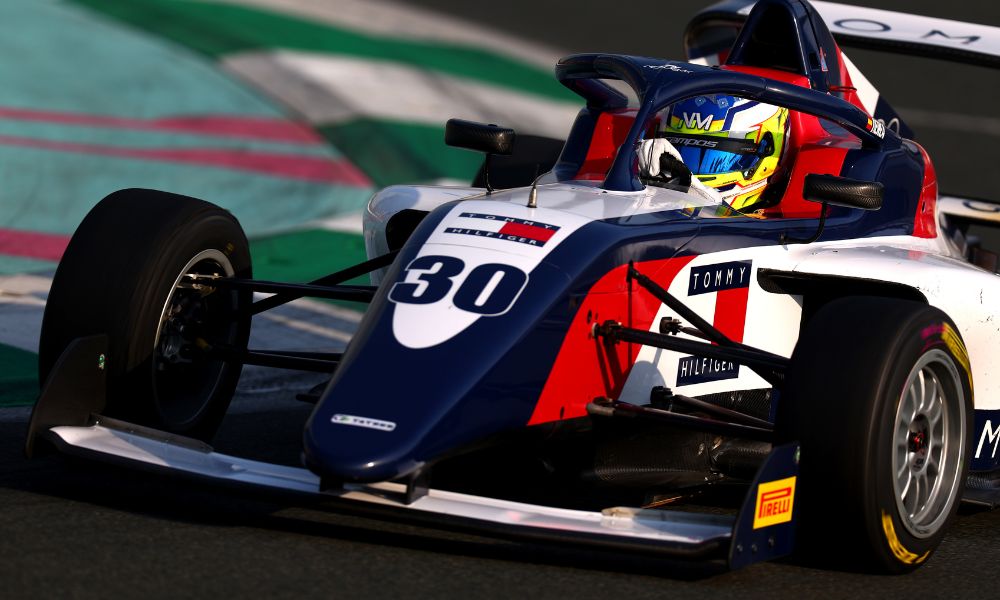Automobile company, sport outfit, Audi Sport customer racing will shutter its factory-supported GT3 activities and eliminate its works driver pool at the end of the year as part of a major restructuring from the German manufacturer.
Confirmed in a memo sent to its customer teams on Tuesday, Audi Sport customer racing is set to end its ‘strategic operations’ while also halting new sales of its GT2, GT3, GT4 and TCR models “after Q1 2024.”
The homologations of these cars, which are still available for order, will be extended by at least one cycle, with on-site customer support service set to continue for the foreseeable future.
Speaking with Sportscar365, Head of Audi Sport customer racing Chris Reinke explained that a decision from the board was made on Monday, with Audi Sport managing director Rolf Michl deciding to inform its partners and customers today of the developments.
“In short notice, we had the possibility today, all day, to first talk to the employees, the drivers, to the team bosses to our satellite [offices] overseas, and so on, to share our plans,” Reinke said.
“On top of that we sent out [a memo] to our clients to explain what’s going on, because at the end, it’s a transformation of our main business scope.
“But as it’s the most important out of my perspective, it is the confirmation of Audi Sport customer racing’s future.
“All of the cars which are in the hands of customers, we will provide engineering support, we will re-homologate. We have an engineering team who will bug fix, if bugs come up and all that.
“We will continue to give 100 percent support to all those cars in the hands of customers, also for the future. It’s not the end of Audi Sport customer racing.”
Reinke said its strategic programs in Fanatec GT World Challenge and DTM will continue through the end of this year prior to a refocusing entirely on customer racing beginning in 2024.
Among the factory drivers affected in Audi Sport’s 14-driver pool are Christopher Mies, Frederic Vervisch, Christopher Haase, Markus Winkelhock, Mattia Drudi, Ricardo Feller and Patric Niederhauser.
A number of others, including Rene Rast, Kelvin van der Linde, Dries Vanthoor and Robin Frijns, had departed the German manufacturer prior to this year.
“We have informed [them] today that we won’t have the possibility to run them in the pro environment, which is the base of the lineup today,” Reinke said.
“We will now get into one-by-one dialogue and see how we can support and depart with the best manner and see how we can respectfully find a solution for each single one of them.”
Reinke said the reason behind the restructuring was two-fold, directly influenced by the end of production for the R8 road car as well as Audi’s newly announced venture into Formula 1 beginning in 2026.
With Audi Sport’s strategic operations mostly focused on the European market, following its earlier withdrawal from Intercontinental GT Challenge powered by Pirelli, Reinke said the changes will not have a significant impact on customers in other regions.
He indicated that the Audi R8 LMS GT3 Evo II, for example, could theoretically be eligible to race until 2032, per the FIA’s rule that allows cars to be homologated for up to eight years after the end of its road car production.
Additionally, Audi’s customer support network will remain unchanged.
“Audi Sport customer racing will be out there,” Reinke said. “It will be the same people, the same staff.
“They will continue on the customer management side, the race track engineers, the spare part trucks, the complete parts logistics will be run, as before unchanged, out of Neuburg.”
Reinke said a total of 600 cars have been sold to approximately 200 operators worldwide, which he foresees to be largely unaffected.
“If I look into Australia, into China, into the U.S., they have now guaranteed support, which we never put into question, but if they have the desire for a confirmation, now they have it,” he said.
“The far majority run independent efforts and will have all of the possibilities from our end to keep running independent [programs] also for the future.”
Future Projects Undecided at Audi Sport Customer Racing
Reinke added that Audi has not ruled out future projects in the sports car racing world, although none have been decided as of now.
“From my perspective, there are quite a few very interesting projects at the moment up in the air for decision,” he said. “It’s my absolute hope that we get those decided very soon. But as long as they’re not decided, they’re not to be communicated.
“I really hope, also to keep the team together at Audi Sport customer racing, that we can use the potential and capability and talent within our operation for future projects.”

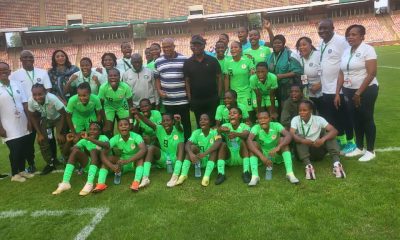
 News2 days ago
News2 days ago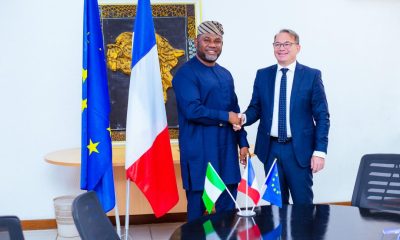
 In The News2 days ago
In The News2 days ago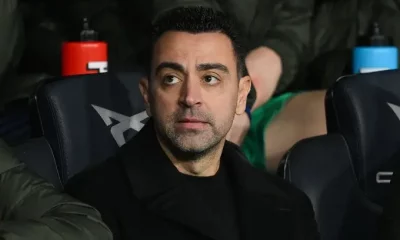
 News3 days ago
News3 days ago
 News3 days ago
News3 days ago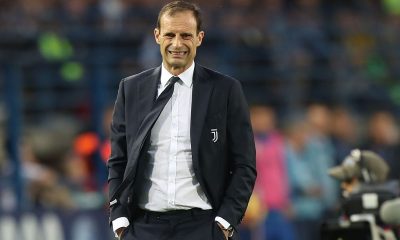
 European Leagues3 days ago
European Leagues3 days ago
 More Sports3 days ago
More Sports3 days ago
 News3 days ago
News3 days ago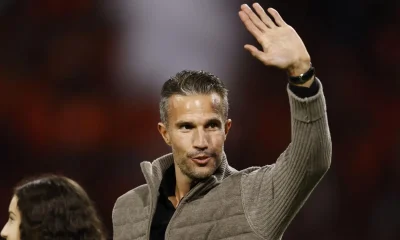
 News3 days ago
News3 days ago

